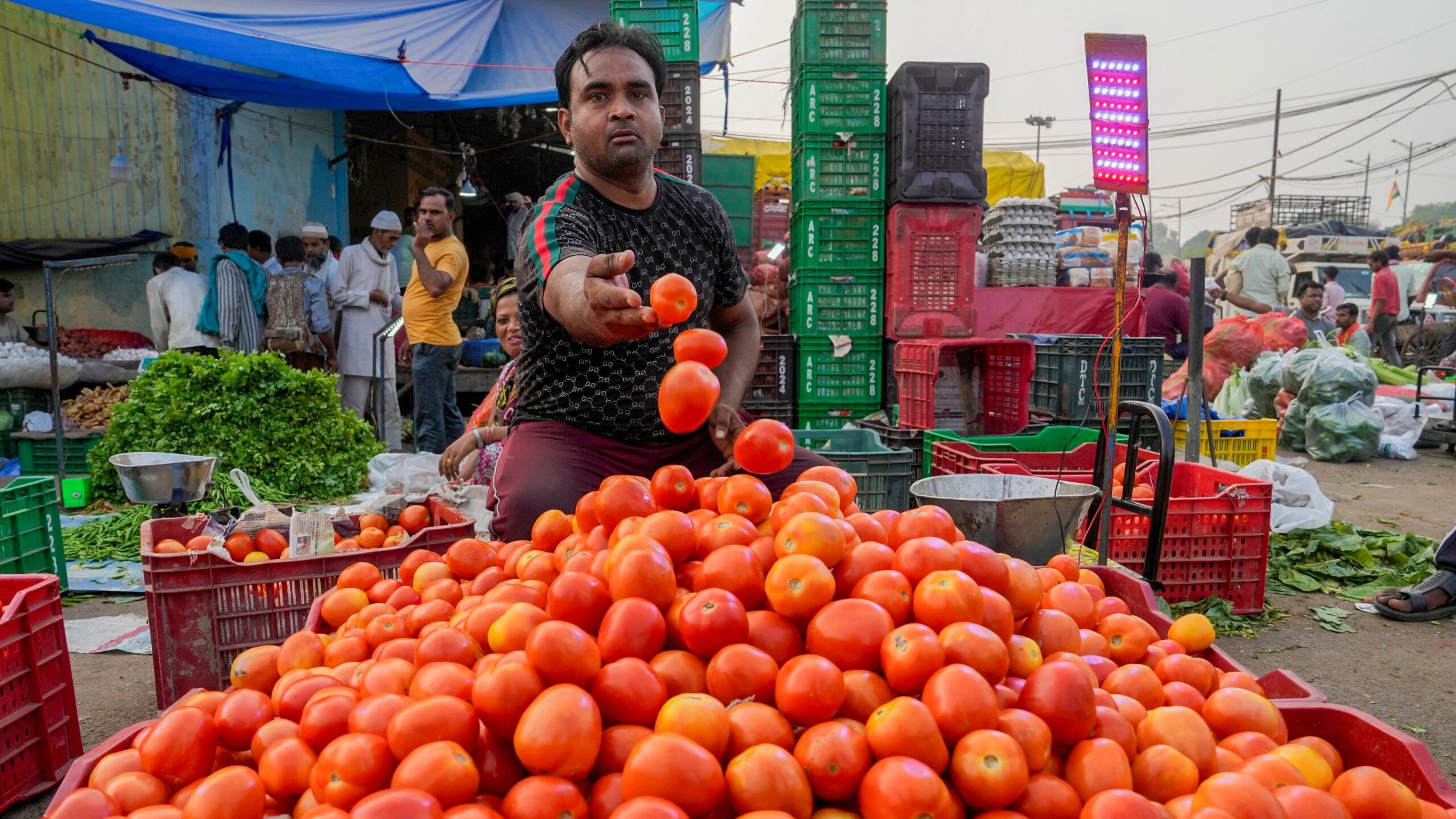A typical morning for Shankargouda Hadimani, a vegetable vendor in Haveri, began with setting up his small stall and chatting with regular customers. Like many small traders, he embraced new habits after the pandemic: cashless transactions through UPI and QR codes became the norm at his cart. What he didn’t expect, however, was that this digital trail would attract the attention of the tax authorities and bring with it a massive notice for unpaid GST.
Hadimani was shocked to receive a tax demand for ₹29 lakh. The trigger? Over the past few years, his account recorded nearly ₹1.6 crore worth of digital transactions, well above the GST registration threshold. He had never imagined that simply accepting money digitally could, in the eyes of the tax office, transform him from a neighborhood vendor to someone the system would flag for suspected non-compliance and revenue loss.
This case lays bare a new challenge for India’s small traders:
- Most local vendors aren’t accountants. Many, like Hadimani, might not grasp that combined digital sales, even from dozens of modest daily transactions, could sum to a number that puts them under the GST regime.
- Haveri’s urbanization and digital push have resulted in a dramatic rise in online payments, but public understanding of GST limits and filing requirements is not keeping pace.
- Penalties and demands of this magnitude are crushing for businesses that barely clear a living, especially in the perishable goods segment, where profit margins are razor-thin.
Hadimani’s experience has caused a ripple in the local business community. Fellow small traders now worry that their simplicity and willingness to adapt to new payment modes might land them in similar trouble. For many, UPI usage was less about scaling up and more about meeting customer expectations and feeling safer in a post-pandemic India.
Business experts say the government’s goal of formalizing the economy through technology cannot succeed without on-ground GST education and reasonable support for micro-entrepreneurs:
- With digital adoption rising, targeted awareness campaigns in regional languages are desperately needed.
- There is a debate on whether slightly higher turnover thresholds for highly informal sectors like vegetable retail could prevent hardship and encourage voluntary compliance.
- Several traders’ associations have demanded that authorities use discretion, focusing on dialogue and education rather than sweeping enforcement.
Hadimani’s story, from a modest stall in Haveri to the crosshairs of the tax department, is now a powerful reminder: the push for a digital economy must be matched by empathy and hand-holding for India’s smallest and most vulnerable businesses. Otherwise, the country risks losing the progress it has made on the road to inclusion one tax notice at a time.
ALSO READ : Govt Approves Tax Holiday for 187 Startups to Spur Innovation and Growth























